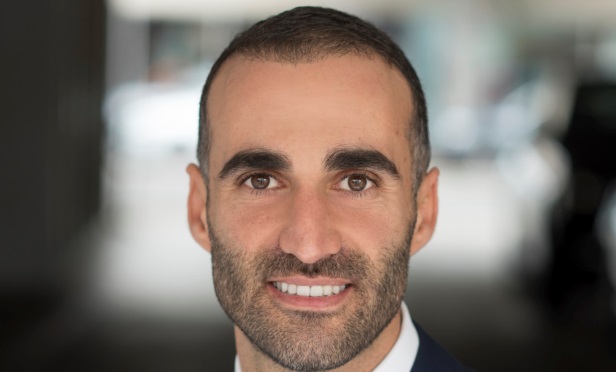 Steven Yazdani says predicting the long-term aftermath is dependent on the crisis' severity and duration.
Steven Yazdani says predicting the long-term aftermath is dependent on the crisis' severity and duration.
DALLAS—To say these are uncertain times is offering a PhD in the obvious. It would be safe to say that anyone with a crystal ball to look as far as next week would be a hero as this crisis unfolds.
Absent a crystal ball, Steven Yazdani, managing director and founder of Nova Capital, looked at some of the financing issues at play during this unprecedented period. Here, he shared some insights into borrower/lender expectations, direct impacts on collections, changing lender requirements and long-term aftermath.
GlobeSt.com: In light of the COVID-19 pandemic, what can borrowers expect in the near term and the long term?
Yazdani: While no one can predict exactly what the impact will be, I anticipate that in the near term, borrowers can expect lenders who are still active to be much more conservative with respect to leverage and underwriting, with higher pricing as spreads have increased. From my observation, about one-third of lenders (including debt funds who use repo and warehouse facilities, CMBS and mortgage REITS) are mostly on pause and not currently lending. Another one-third are still lending but being very cautious and conservative, with a strong preference of doing business with existing relationship clients. The remaining one-third of lenders, primarily dedicated unlevered funds, are pursuing opportunities at higher yields with a focus on moving down the risk curve through cash-flowing assets in good markets.
Certain product types may be more affected in the long term due to changes in consumer behavior. The current trend in online shopping will likely accelerate and continue, which will impact some retailers. There is also uncertainty in how office tenants will behave after many have spent one or two quarters of remote workplace operations. We are monitoring these trends carefully.
While capital is still available and the market is still active, borrowers need to be proactive in addressing lender concerns and know where to go to ensure certainty of execution. I am personally optimistic and believe we will see a rebound by Q4. I am hopeful that capital markets will become fully efficient again and players who are currently sidelined will return.
GlobeSt.com: Nova Capital recently arranged financing for a 255-unit class-A multifamily complex in Dallas. What can multifamily owners expect and what should they be doing now?
Yazdani: It is likely that property owners of low- to moderate-income multifamily housing are already feeling the financial impact now or will feel it soon. These tenants are more likely to be living paycheck-to-paycheck in the service sector and will have a more difficult time weathering the current period of economic disruption. This will have a direct impact on collections. Additionally, new leasing may decrease dramatically and there will likely be lower increases on rent renewals.
Fannie Mae and Freddie Mac are allowing mortgage forbearance, which should help alleviate the financial pressure on owners whose revenue streams have been severely impacted. Market performance at the upper end should navigate the economic uncertainty better, given that most of these residents are in better financial condition.
In general, multifamily operators and managers should be following all mandated federal and local health guidelines in regard to cleaning protocols and limiting access to public areas.
GlobeSt.com: How do you expect the pandemic to change the availability and structure of financing in the future?
Yazdani: Predicting the long-term aftermath is very difficult as it is largely dependent on the severity and duration of the current crisis. Depending on the product type, asset types such as hotels and retail without a grocer or pharmacy anchor are more likely to find financing to be more challenging than multifamily or industrial assets.
GlobeSt.com: How are lender requirements changing and how are lenders adapting to the current environment?
Yazdani: Generally and depending on the type of capital provider, asset and financing product, we have observed that lenders are adapting to the current increasing risk profile with the following changes:
- Reserves─Generally, greater interest reserves are being required. For instance, agency lenders for multifamily financing now require 12 months for principal and interest reserves, taxes and insurance escrow deposit and replacement reserve deposit.
- Sponsor Equity─Underwriting is more conservative with lower leverage financing, which requires more borrower cash equity on acquisitions. We are also seeing limited or no cash-out financing on refinances.
In general, we are seeing an overall preference for cash-flowing transactions as opposed to complicated story deals with a heavy value-add component. Historically, lenders have been creative, and they will certainly continue to adapt as necessary, both during and after the pandemic.
© 2025 ALM Global, LLC, All Rights Reserved. Request academic re-use from www.copyright.com. All other uses, submit a request to [email protected]. For more information visit Asset & Logo Licensing.








